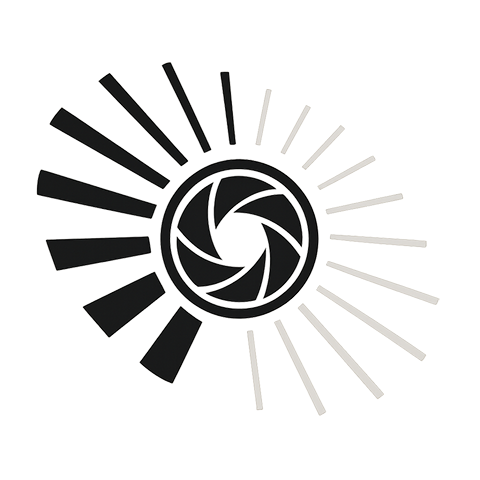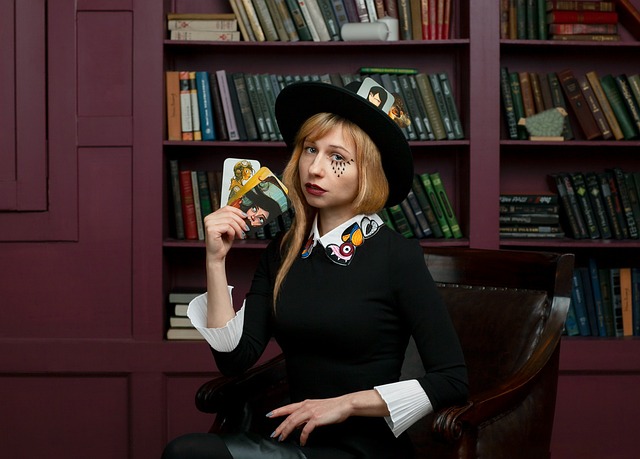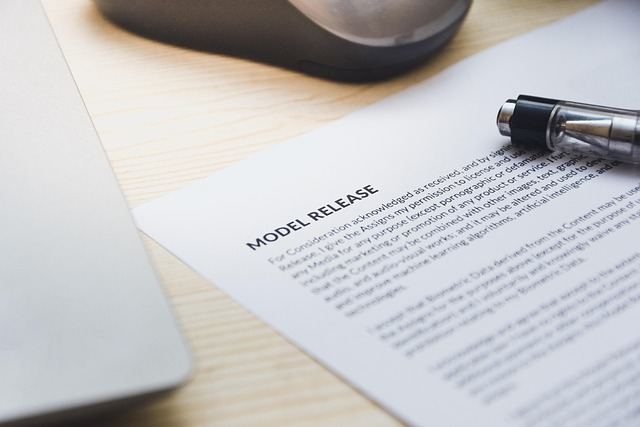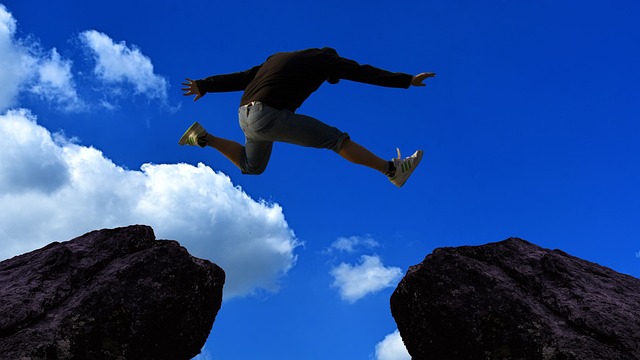Photography has a unique ability to capture the world through a lens, revealing not just the surface but also deeper, often hidden narratives. The camera serves as an extension of our perception, allowing us to bridge the gap between the conscious and unconscious mind. In this way, photography transcends mere documentation; it becomes a compelling medium through which we can explore the complexities of human experience.
Every click of the shutter can unveil elements of our reality that are typically obscured. The unconscious often harbors feelings, memories, and desires that we may not consciously acknowledge. When we frame a photograph, we are not just selecting a scene; we are subconsciously choosing to reveal parts of ourselves and the world around us. This interplay between the conscious decision to capture an image and the unconscious influences shaping that choice creates a rich tapestry of meaning.
Through the eyes of a camera, we can expose the unspoken truths of our surroundings. The optics of the lens manipulate light, allowing us to highlight certain aspects while casting others into shadow. For instance, a seemingly innocuous family portrait might, upon closer inspection, reveal underlying emotions and dynamics that the subjects themselves may be unaware of. The subtle tension captured in a single frame can resonate with viewers, inviting them to reflect on their own unconscious feelings and experiences.
In the realm of photography, the act of capturing an image is deeply intertwined with the existential struggle of unveiling one’s own psyche. Photographers are often guided by instinct, a visceral reaction to a scene that stirs something deep within. This instinctive approach can lead to remarkably powerful images that resonate on a profound level with those who view them. As photographers, we must embark on a journey of self-exploration, confronting our own unconscious biases and influences that shape our artistic vision.
Moreover, the very process of developing photographs – whether in a darkroom or through digital means – can serve as a metaphor for introspection. The act of exposing film or editing images encourages photographers to engage with their inner selves, unraveling layers of preconceived notions and societal norms. This artistic alchemy holds the potential to not only challenge our worldview but also to illuminate the hidden aspects of our collective humanity.
In exploring the unconscious through photography, we invite viewers into a dialogue about perception and reality. What we see in an image is not merely a reflection of the objective world, but rather a projection of our individual and collective subconscious. Each photograph becomes a portal through which we can access uncharted territories of thought and emotion, fostering a sense of connection and understanding among us.
Ultimately, photography serves as a powerful tool for exposing hidden realities. It allows us to peel back the layers of our everyday lives and confront the unconscious drives that shape our experiences. Through the lens of the camera, we can embark on an intimate exploration, capturing not only the visible elements of our world but also those elusive truths that lie just beneath the surface.




